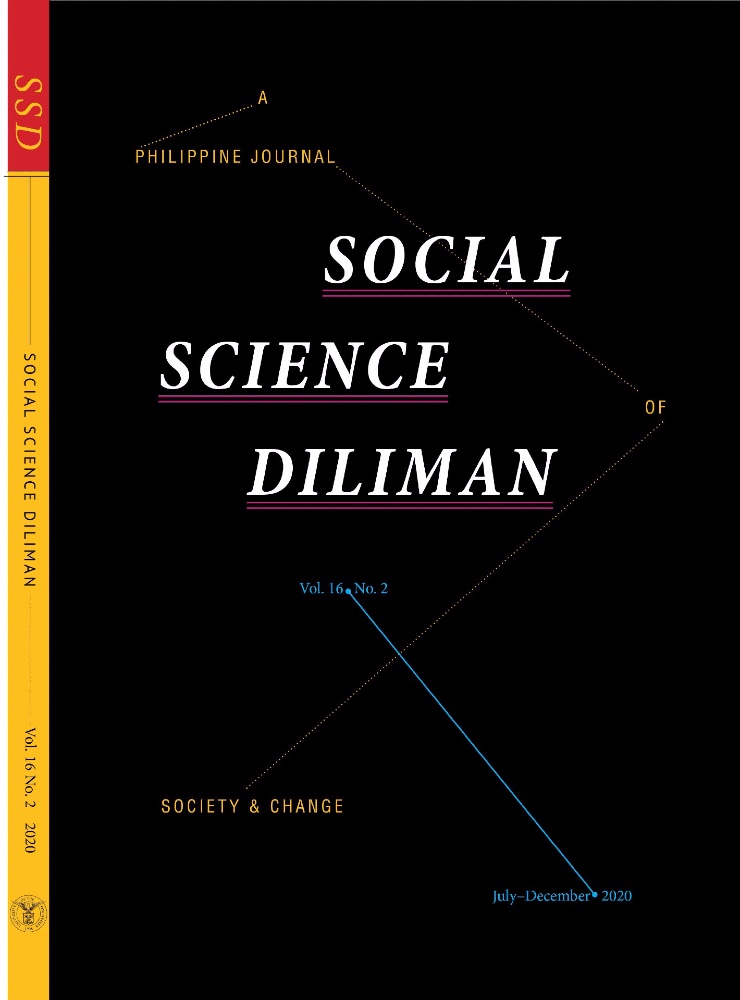Tigi: Justice and Indigenous citizenship among the Iraya Mangyan in Mindoro
Abstract
The Iraya practice of the Indigenous justice system called tigi shows the limitation of the Philippines’ recognition of similar models in legal pluralism. Beyond mere dispute resolution, the State is unaware that such models as the Iraya practice are also used in reinforcing identity, exercising collective rights, and establishing a shared notion of citizenship. This article reflects upon the question: what does it mean to be Indigenous in a nation-state? It highlights the patterns, themes, and dynamics of the tigi, bringing insights on how the Iraya shape their idea of ordinary-day-to-day community life, and how such life engagements shape the idea of justice alongside their exercise of the right to be different. The article concludes by suggesting community-based values and practices the State may adopt in dispensing justice, and by challenging the State’s ambition at consolidating diverse communities.


